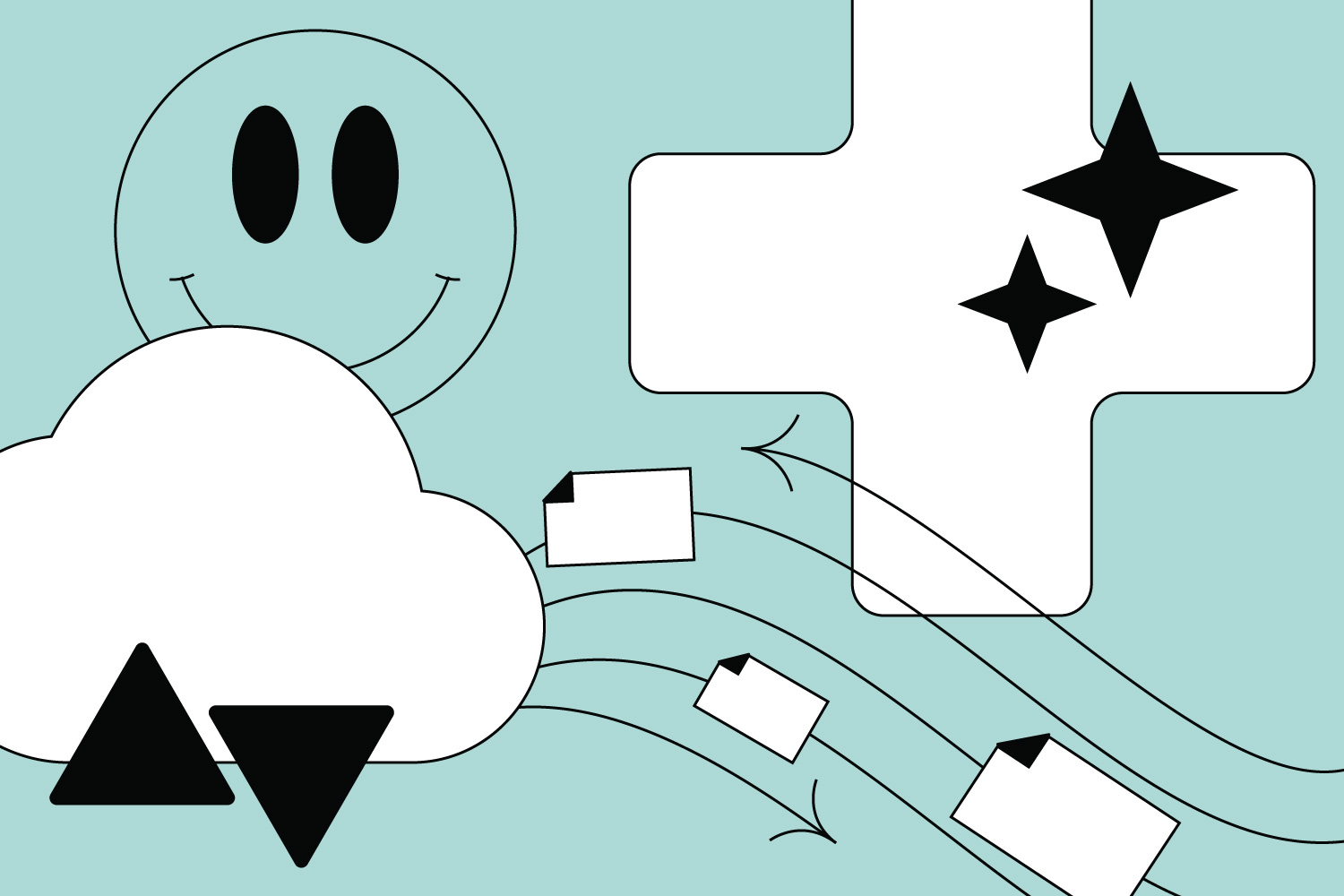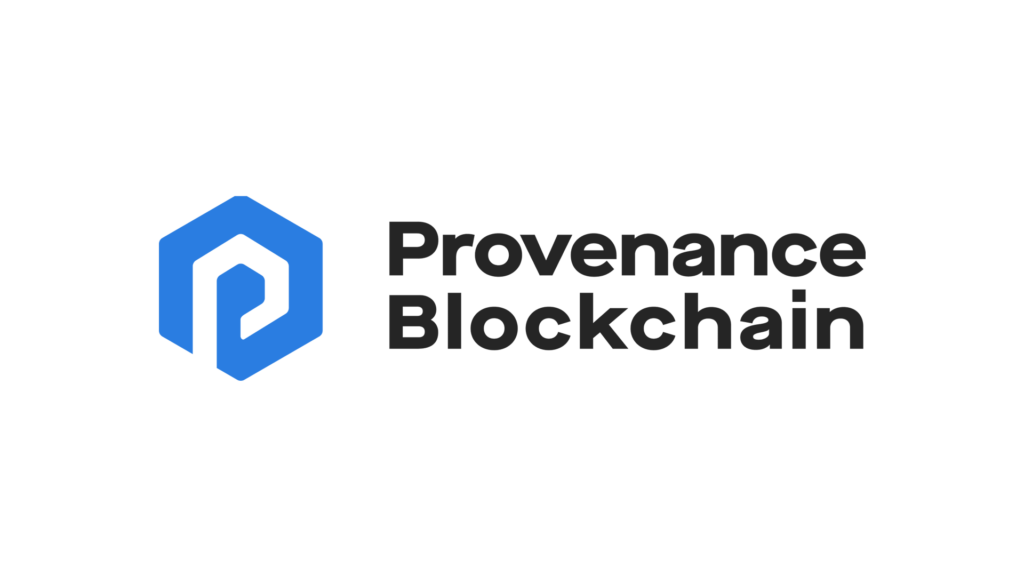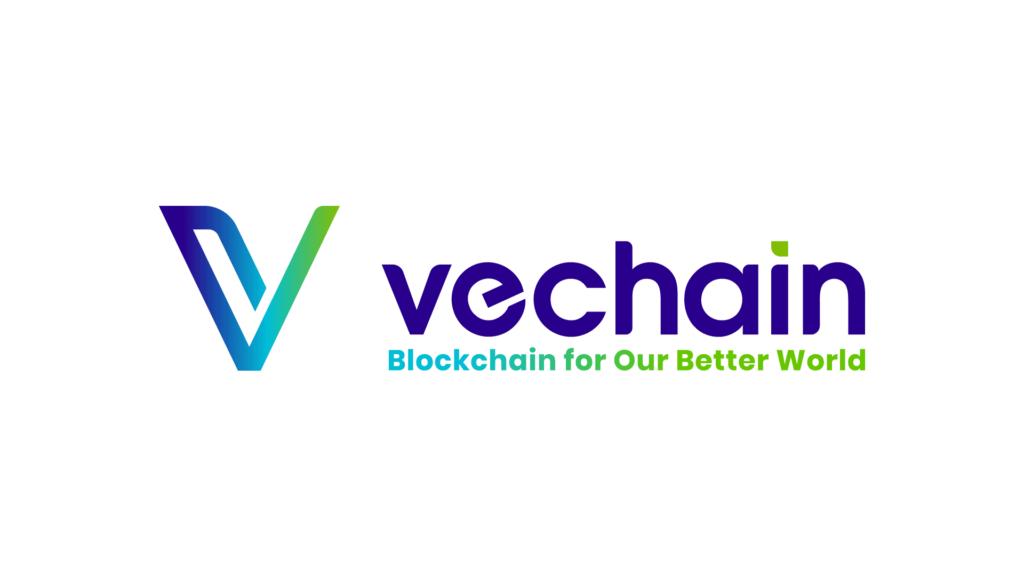We should collaborate, prioritise optimal solutions for different industries and sectors, and channel our passion and efforts towards advancing the entire blockchain industry.
The future of blockchain technology and the cryptocurrency industry in general is a topic of great interest and speculation. Business value contributed by blockchain is expected to surge to over $360 billion by 2026, and surpass $3.1 trillion by 2030, according to Gartner. These forecasts indicate the significant growth and potential impact of blockchain technology in the forthcoming decades. They further suggest a revolutionary transformation fuelled by ongoing and upcoming trends.
Many experts predict that blockchain technology has the potential to transform various industries, from finances to healthcare. However, concerns about its impact on the environment and sustainability have always been the topic of conversation, especially in the last couple of months.
Many wonder whether the crypto industry will survive the challenges presented by the market and global crisis. However, true believers in the industry, the so called HODLers, see these recent downfalls as a natural cycle of a new, growing technology.
The Future of Blockchain in The Transformation of Diverse Industries
Our Business Dev Manager, David, believes that one of the main reasons why the future of blockchain is so promising is because of its potential to promote sustainability.
Besides finances as the most obvious and popular industry influenced by blockchain technology, other industries and areas of our everyday lives can highly benefit from implementing blockchain. Blockchain technology can be used to create decentralized and transparent systems that can help reduce waste, increase efficiency, and promote social and environmental responsibility.
David Orešković, Business Development Manager
One example is healthcare which can use the technology to store and share patient information between different healthcare providers. The result can be reduced treatment costs and better overall outcomes for patients and the industry in general.

Furthermore, with the help of blockchain technology, the real estate industry can create an autonomous ledger system for documenting all property transactions. This has the potential to minimise frauds, enhance visibility in property ownership, and streamline the process of transferring property titles.
Projects Are Shaping The Future of Blockchain
There are a lot of blockchain projects that are on the path of creating a sustainable future for this technology.
Energy Web Foundation is building a blockchain-based platform that can help create a more sustainable energy grid. Based on the Ethereum blockchain it utilizes a Proof-of-Authority (PoA) consensus mechanism. This allows for high energy efficiency and avoids the energy-intensive mining process associated with traditional blockchain networks. This makes it more suitable for energy-related use cases and aligns with the goal of creating a low-carbon energy system.


Provenance on the other hand, is using blockchain to create a more sustainable and transparent supply chain for seafood. The platform utilizes blockchain technology to enable businesses and consumers to track and verify the origins, authenticity, and ethical attributes of products. By leveraging blockchain technology, the Provenance creates an immutable and auditable record of transactions, certifications, and events related to the movement of goods.
VeChain, is also exploring the potential of blockchain for sustainable supply chain management by addressing challenges such as counterfeiting, product quality control, and traceability. The platform provides businesses with the tools and infrastructure to integrate blockchain and IoT technology into their existing processes. This enables them to achieve greater transparency, efficiency, and trust throughout their supply chains.

Improving the Industry for a Sustainable Future
To fullfill its sustainable potential and in order to become a part of our everyday lives in most spheres, regulations and certain refinements are necessary and inevitable.
Regulations in the crypto industry are sort of an elephant in the room thing. Certainly a complex subject with various opinions on different fronts and a topic for a discussion on its own. What most must agree on, even if it’s with a heavy heart, is that regulations are unavoidable. In many cases, even necessary.
However, blockchain technology is new, and it needs room for natural growth. Although certain regulations are necessary, there is a risk that they might stifle the rapid and highly dynamic nature of the industry.
This could, as David puts it: “diminish innovation, restrict the emergence of high-quality, long-term projects, and hinder the overall growth of the industry. That is why we need any changes and reforms to be introduced and adapted in an agile manner. Ideally, the regulatory framework should be flexible and responsive. It should adapt and update based on the industry’s progress rather than the other way around”.

Some other areas of improvement include penalties for scammers and triablism.
Some notorious individuals have amassed millions in ill-gotten gains but faced only minimal penalties amounting to a few hundred thousand dollars. When considering their overall profits, these penalties appear inadequate. On the other hand, we have triablism around certain coins and projects, often fostering a competitive atmosphere centered on who will achieve success first. In my view, this mentality is unnecessary and can lead to flawed decision-making. Instead, we should collaborate, prioritize optimal solutions for different industries and sectors, and channel our passion and efforts towards advancing the entire blockchain industry.
David Orešković, Business Development Manager
Belief in The Innovation of Blockchain
At Async Labs, our core philosophy has always been to emerge as game changers and pioneers within the industry. This is why we deliberately opt for projects that are unfamiliar and perhaps unexpected, not only to us but also to the broader market. Although this approach has often proven to be risky and demanding at times, it has helped us grow and land a special seat at the market table.
One of our biggest blockchain projects was for Revuto. This successful fintech startup became the first project ever to be build a on the Cardano network.
Despite all the unknowns and unexpected challenges, the development of this Cardano wallet turned out to be successful considering that it represented the first native wallet on this platform. Simply put, the wallet was not taken over and adapted to the needs of the project. It was created as a completely new product developed especially for the so-called Revuto ecosystem.
First of all, it was necessary to familiarise the team working on the project with the process, terminology and the whole concept. In addition to developers and quality assurance analysts, there are also designers, business analysts, copywriters and members of the marketing team. We had to do in-depth research on things that are quite unknown on the market and the developer community and combine our existing knowledge and experience about crypto with the new solutions we were discovering. Managing just that part of the process is very challenging, but we’re glad it paid off in the end.
Luka Klancir, COO
The Future of Blockchain is Sustainably Bright!
With its potential to promote transparency, efficiency, and responsibility, blockchain technology is poised to play a key role in shaping a sustainable future.
By promoting sustainability, improving the cryptocurrency industry, and supporting sustainable blockchain projects, we can ensure that blockchain technology is used in a way that benefits both people and the planet.
Need a hand with your blockchain project? Don’t worry, we got your back! Get in touch and we’ll find the best solution for your specific needs.
